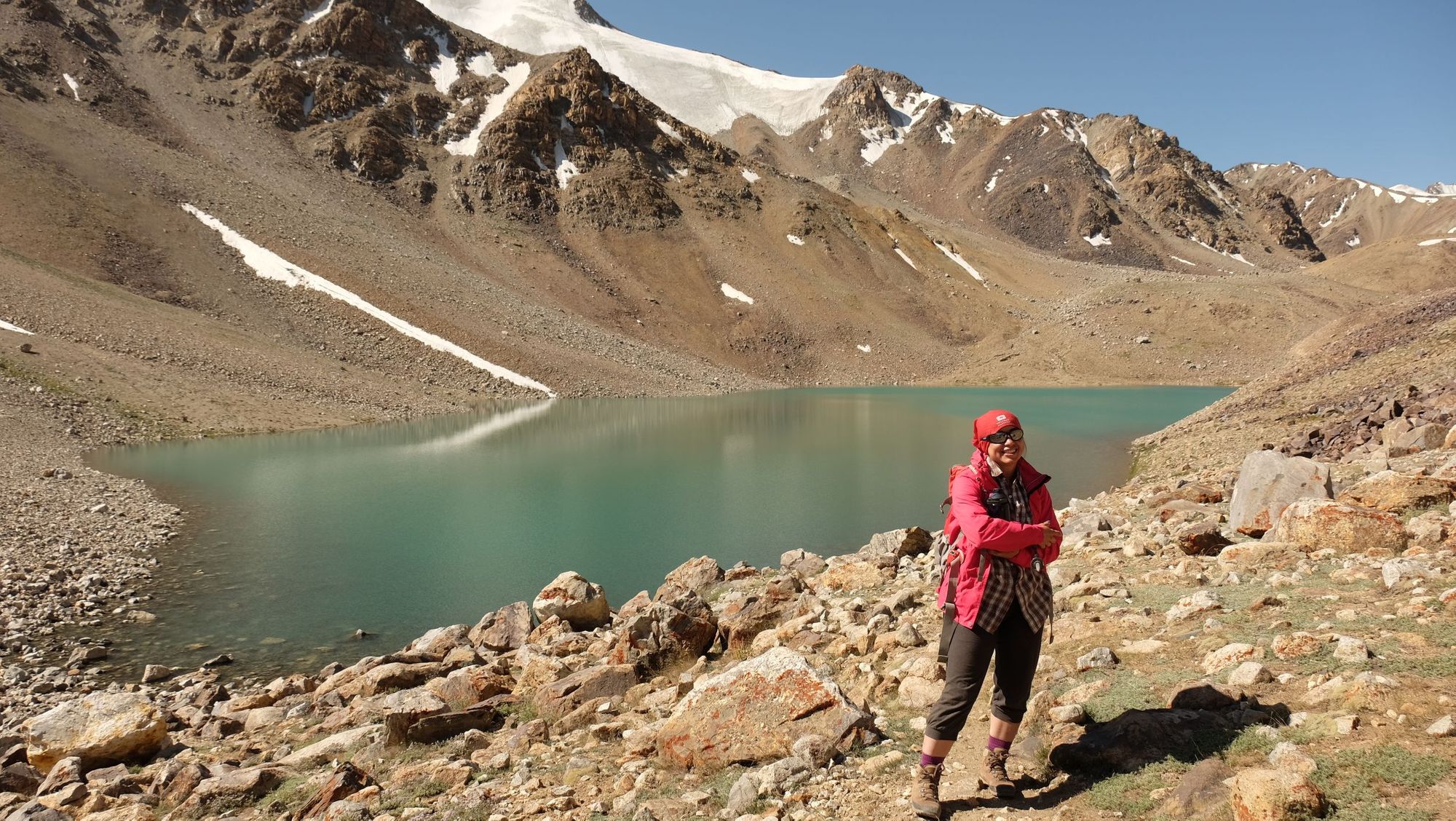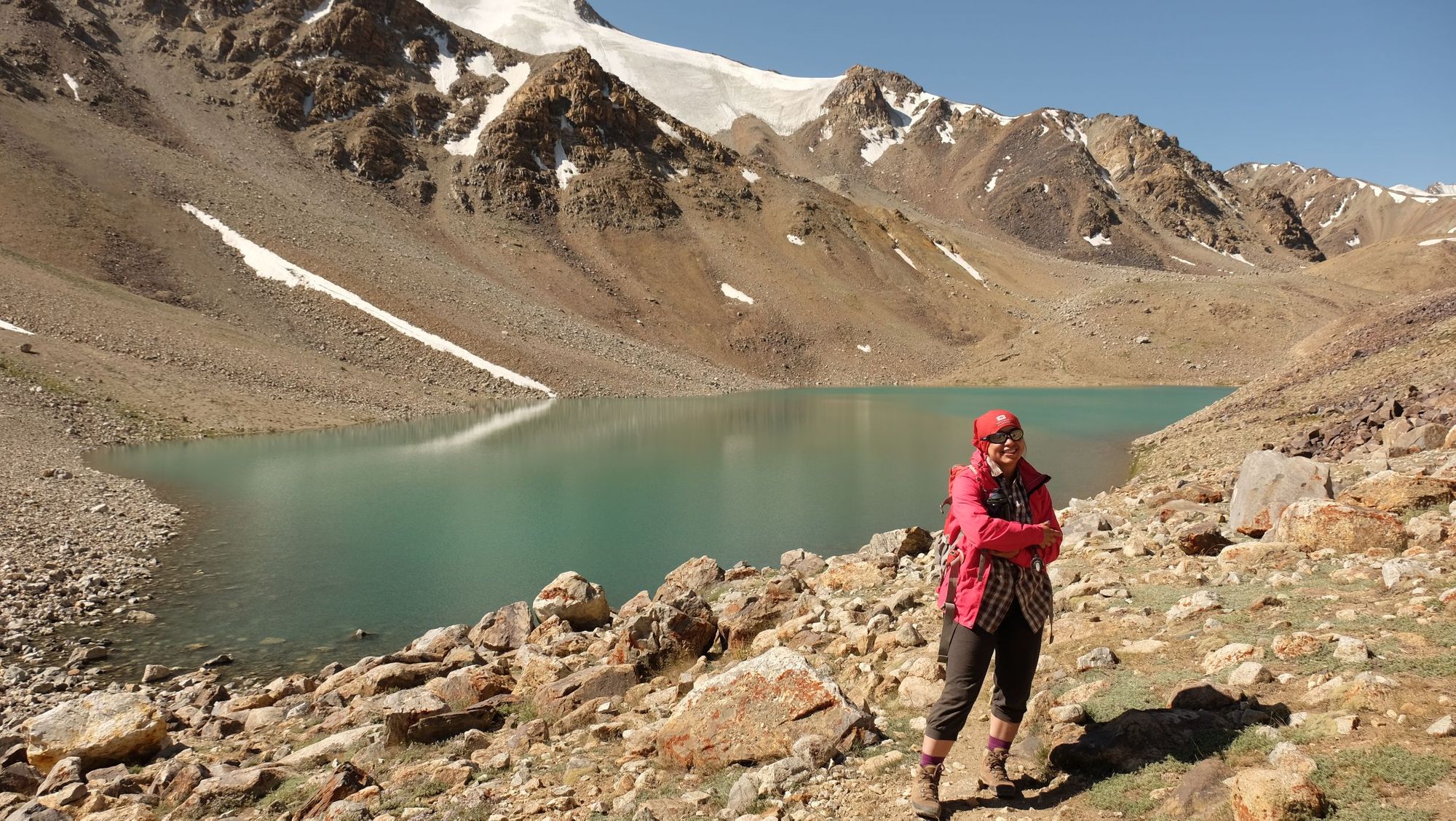
Miskola Abdulloeva is a self-proclaimed dreamer, who grew up in Tajikistan and wanted to travel the world. It was when she visited Turkey as a teenager that the seed for starting a tourism company of her own was planted.
“I saw how the guys talked on the tour bus in Turkey, telling the tourists about different places. It made me think that we have so many beautiful areas in Tajikistan, why shouldn't I do that?” Miskola says.
Tajikistan is relatively unexplored by tourists, which is precisely why it's so inviting. Around 93% of the country consists of mountains, including the sharp, glaciated Pamir Mountains, and the rugged Fann Mountains, with their green valleys and glassy lakes. Book a trek and you'll go truly off the beaten track, into some of the most unspoilt landscapes in Central Asia. You'll also get a unique insight into Tajik culture, staying in rural homestays, buying handicrafts in local bazaars and visiting centuries'-old forts.
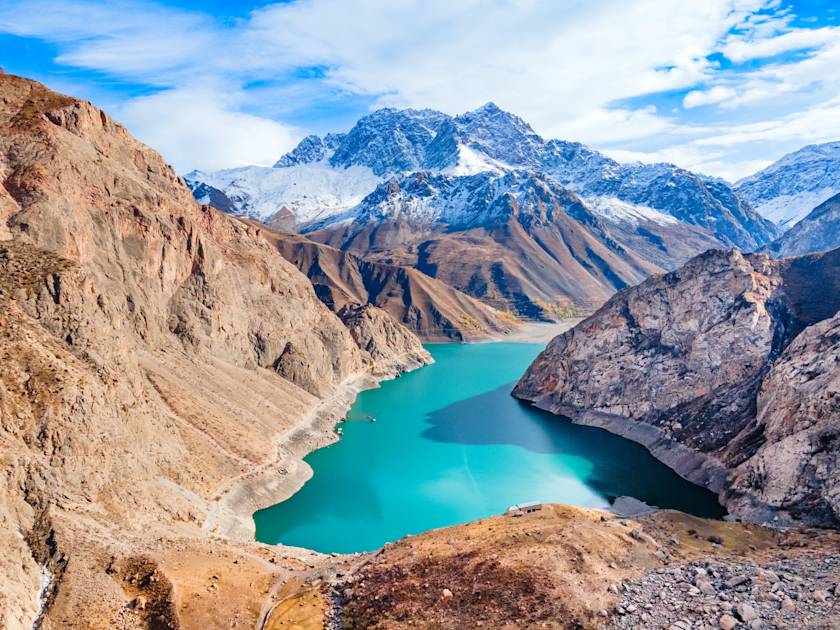
Miskola wanted to use her local knowledge to showcase Tajikistan's unspoilt nature to tourists. But as a woman, she faced many barriers to setting up a tourism business of her own. For a start, she was actively discouraged by men within the industry.
“The men from Tajikistan who had their own companies would tell me things like ‘tourism is such a hard business. You are a woman. You can’t do it,’” she says. “I remember having a consultation with a man, when I was on the verge of starting. I thought the meeting was about cooperation and support, but he just told me that to work in the tourism industry I needed a budget, networking connections and a backup idea, and I had none of this. He told me to give up and let it go.”
So Miskola put the idea on the backburner. But a few years later, getting divorced felt like a turning point in her life - she decided the time was right to follow her dreams and set up her own business in tourism. However, the bank weren't as passionate about her idea as she was - they denied her a start-up loan. In the end, she had to finance the business herself.
The country is still in the early stage of development. So it’s very raw, and you really see the genuine hospitality of traditional life
“In Tajikistan, when you get married, your parents give you jewellery as a gift. I calculated how much I needed to start the business, and went and sold it,” she explains.
Despite all the obstacles standing in her way, in 2012 Miskola founded Orom Travel. Originally established to help domestic tourists discover the country, her trips soon became popular among the expat community, who recommended them to family and friends. Fast forward to the present day, and Orom Travel now caters to a wide range of international travellers, taking them on cultural immersion and trekking tours to some of the most remote parts of Tajikistan.
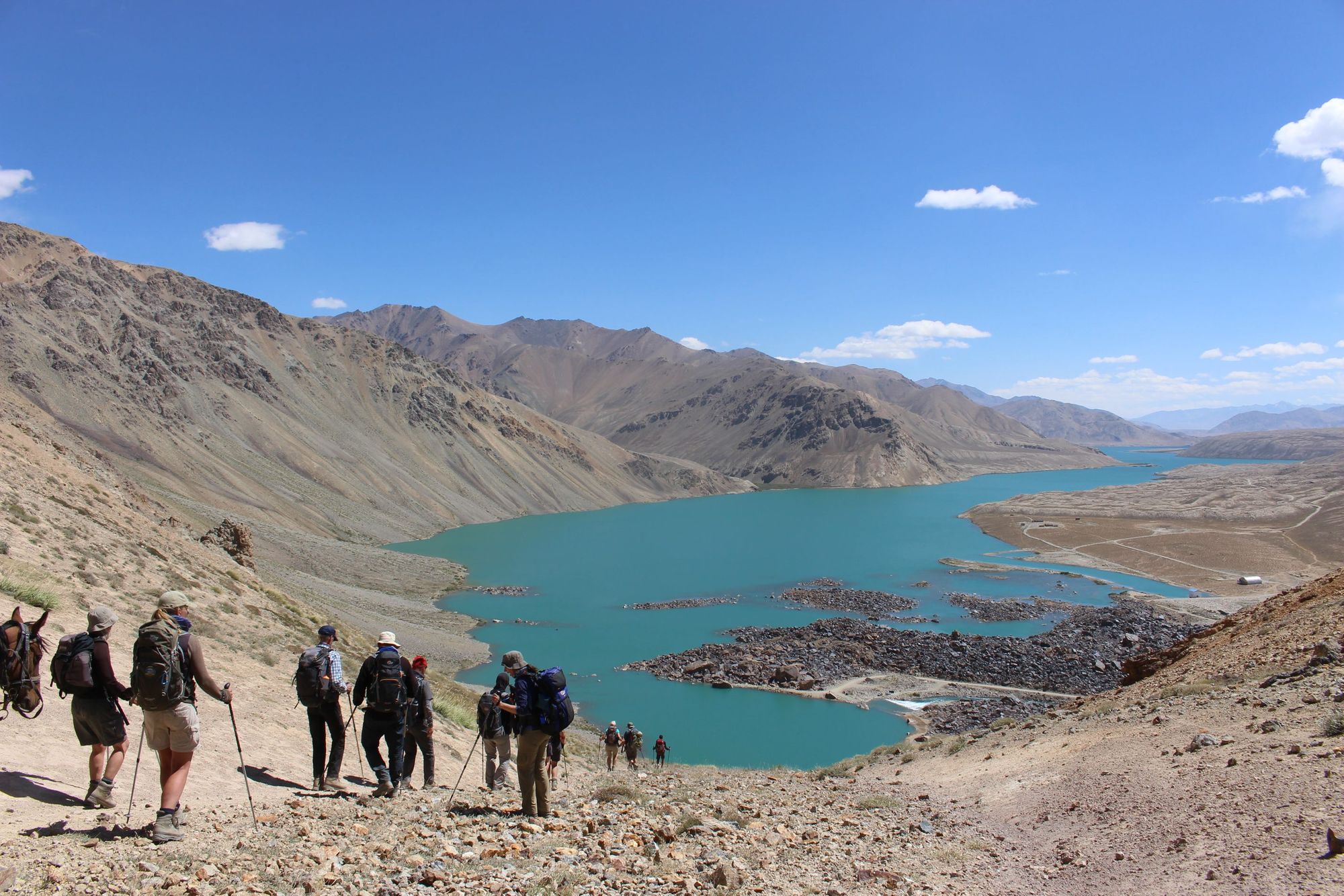
“Tajikistan has very beautiful mountains; fantastic landscapes and wild valleys. You just vanish into nature and you get that feeling of being half-small, half-tremendous,” Miskola says.
“The country is still in the early stage of development. So it’s very raw, and you really see the genuine hospitality of traditional life; it's not fake, or commercialised yet.”
But Miskola doesn’t just want to introduce tourists to Tajikistan - she also wants to help ensure that the people of Tajikistan, especially the women, experience the positive benefits of tourism.
How Tourism Can Help Women in Tajikistan
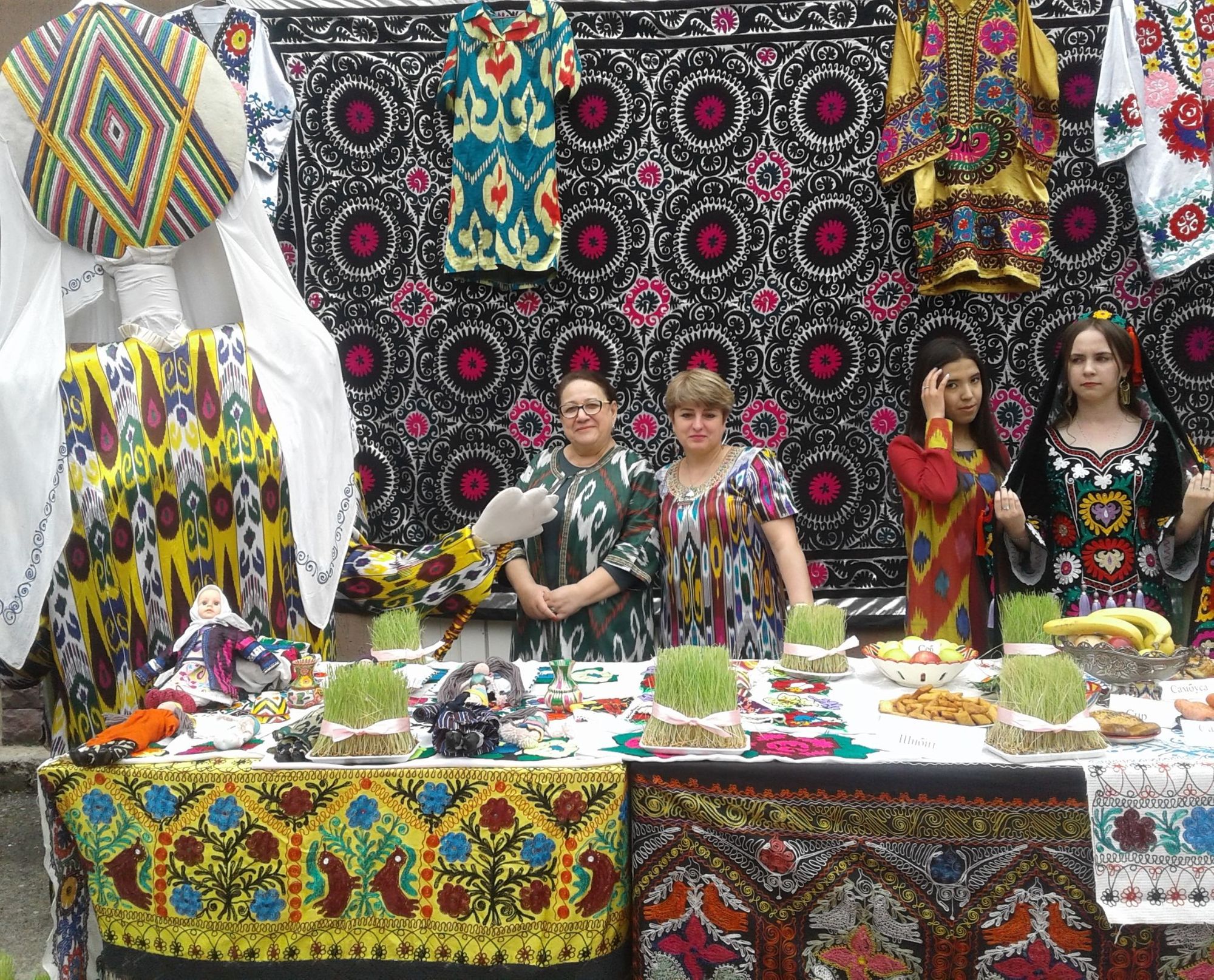
Miskola’s difficulties in setting up a business are not uncommon.
“We live in a male dominated country, and it’s getting more conservative,” she says. “As a woman, you are often not taken seriously. There's some families who are very strict about women working, and leaving the home.”
A recent report from the World Bank shows that 69% of working-age women in Tajikistan are not in employment, and their contribution to the gross national income is 4.5 times less than men’s. However, thanks to the efforts of governments and NGOs, economic opportunities are improving for women. According to official statistics, there are 75,000 female entrepreneurs in Tajikistan, many of whom are sole business owners. Around half of them own small farms, as Tajikistan is a predominantly agrarian society. But very few women are involved in the tourism industry, especially as guides.
We live in a male dominated country, and it’s getting more conservative. As a woman, you are often not taken seriously
“It’s difficult to have women tour guides. Our tours are across Tajikistan and parents don't let their daughters go away from Khujand or the main cities, to the Pamirs for example,” Miskola says. “Even when I went on a tour while I was still married, people would ask my husband how he let me go off on a tour with foreign men to the middle of nowhere.
“There was one project, an excellent initiative by two French ladies, Women Rockin’ Pamirs. They were training girls in the Pamir region to be trekking and cultural guides. It's a great idea - but those girls grew up, got married. Then you get the baby, you have a husband, you have a mother and a father in law and you just stay at home,” she adds.
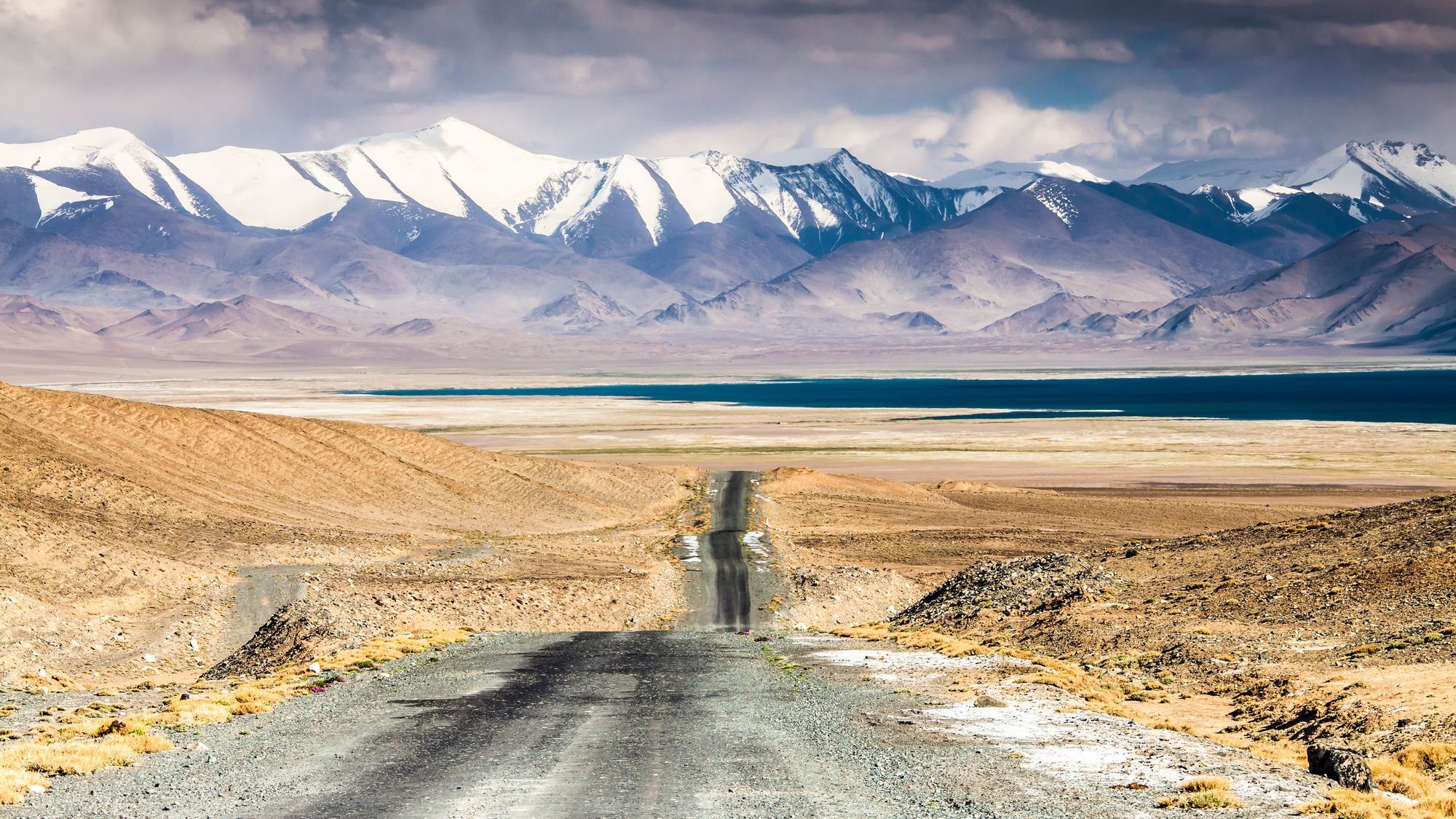
Miskola does, however, employ women in her office in Dushanbe, the nation’s capital. She also employs a female cook, who goes on treks to remote areas.
“We had a male guide and I needed a cook, so I asked him if he had a wife who would be interested in cooking, especially since she would be with him the whole day,” she says. ”He agreed and we taught her how to cook proper food for the tourists. Now, this family makes money. They travel together on the tours. But if I have a tour in another area of Tajikistan and I need a cook, she can’t come alone, she has to come with her husband."
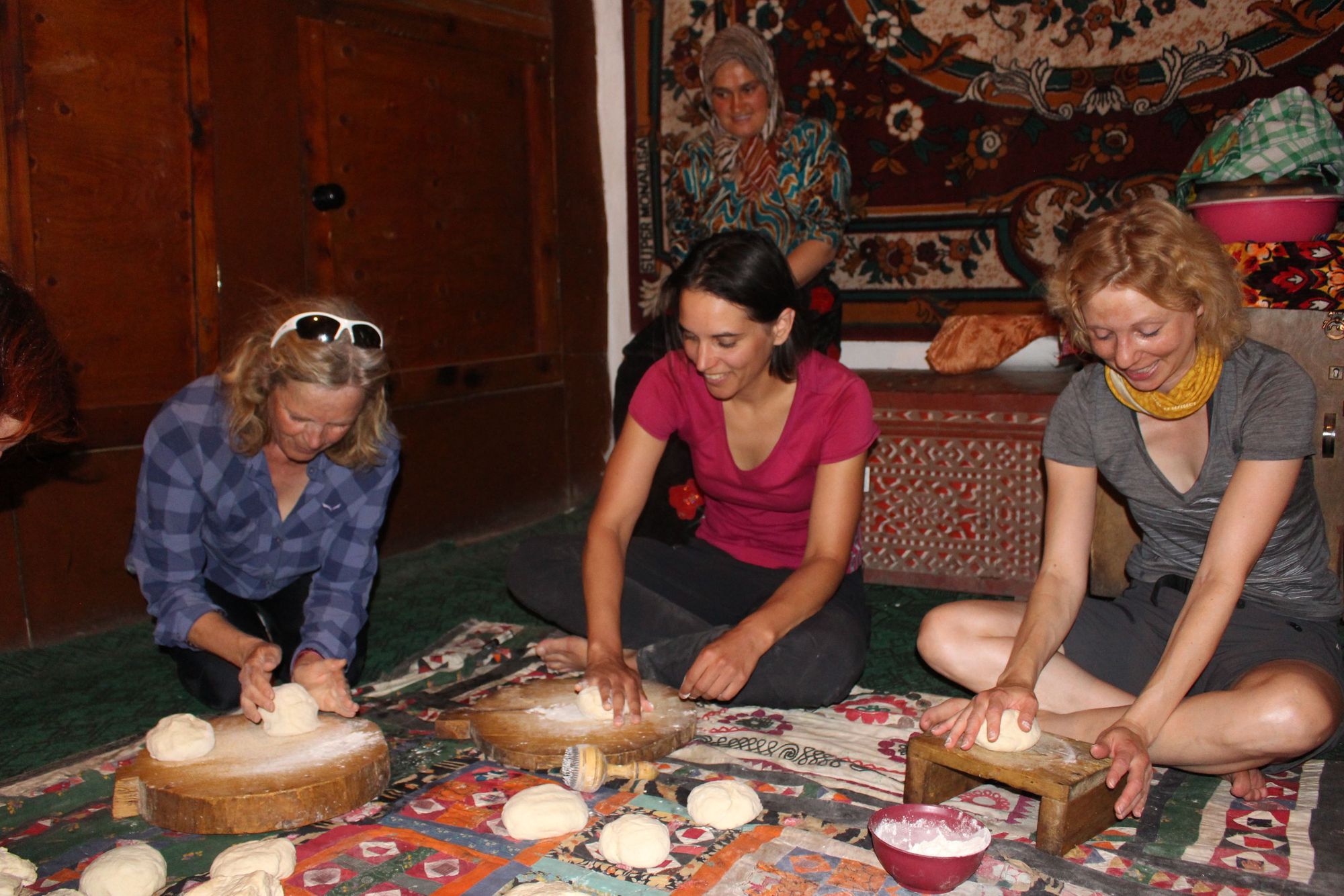
This is something Miskola wants to do more of in the future. She’s in initial talks with an NGO supporting women victims of domestic abuse, about creating a programme to train female cooks. She also currently works with women-owned homestays in remote areas of Tajikistan, bringing groups of tourists to stay with them. This ensures revenue is provided to families and local communities.
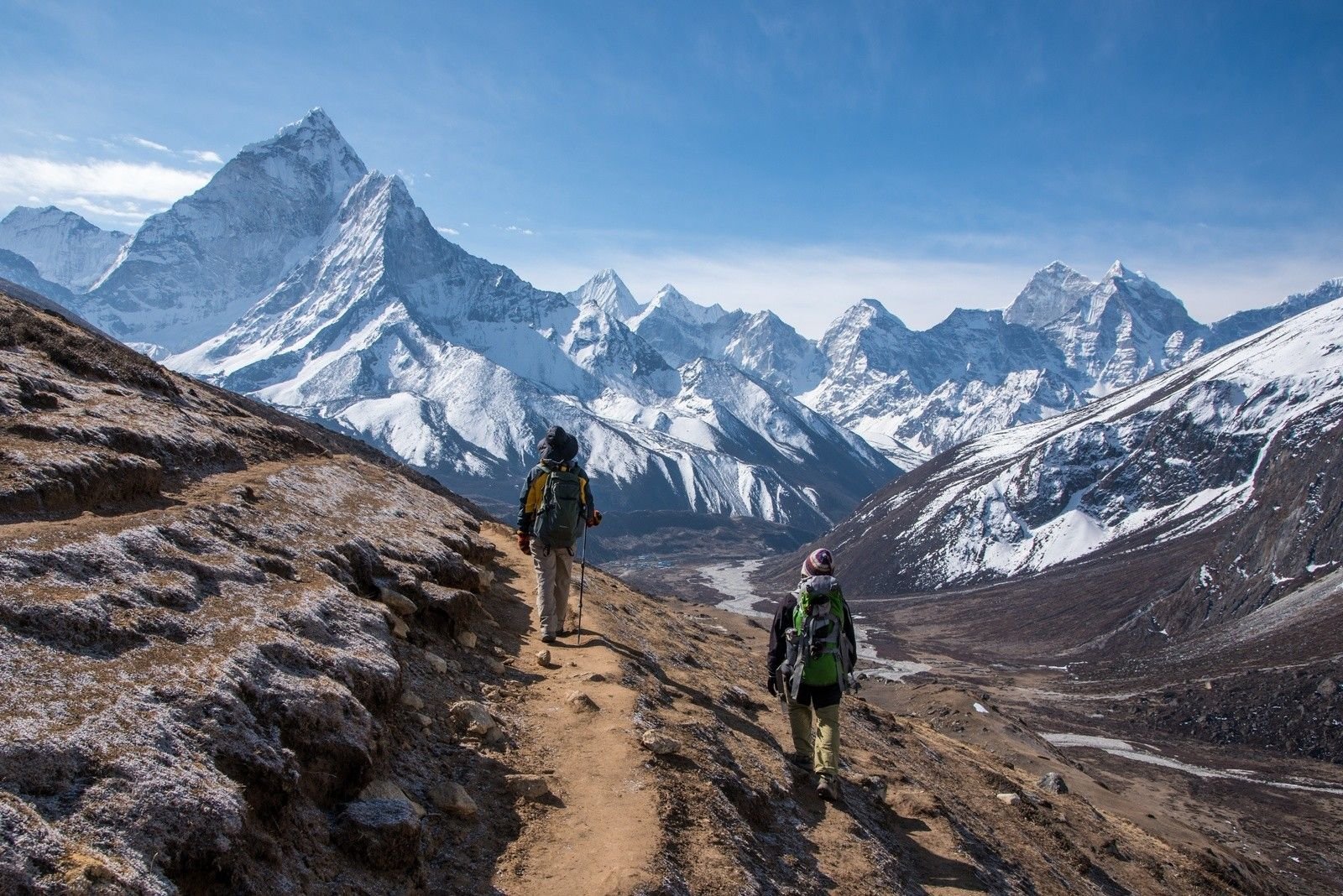
“I chose to work mostly with women who run the homestays, instead of men,” Miskola says. “It’s easier to communicate because we are a male-dominated country. When you talk to men it's a little bit complicated - like if I make comments about improving their services to get more visitors, they don’t do anything. Women are more receptive to constructive criticism, and they tend to spend the money on their families, not themselves.”
Bringing Money to the Mountains
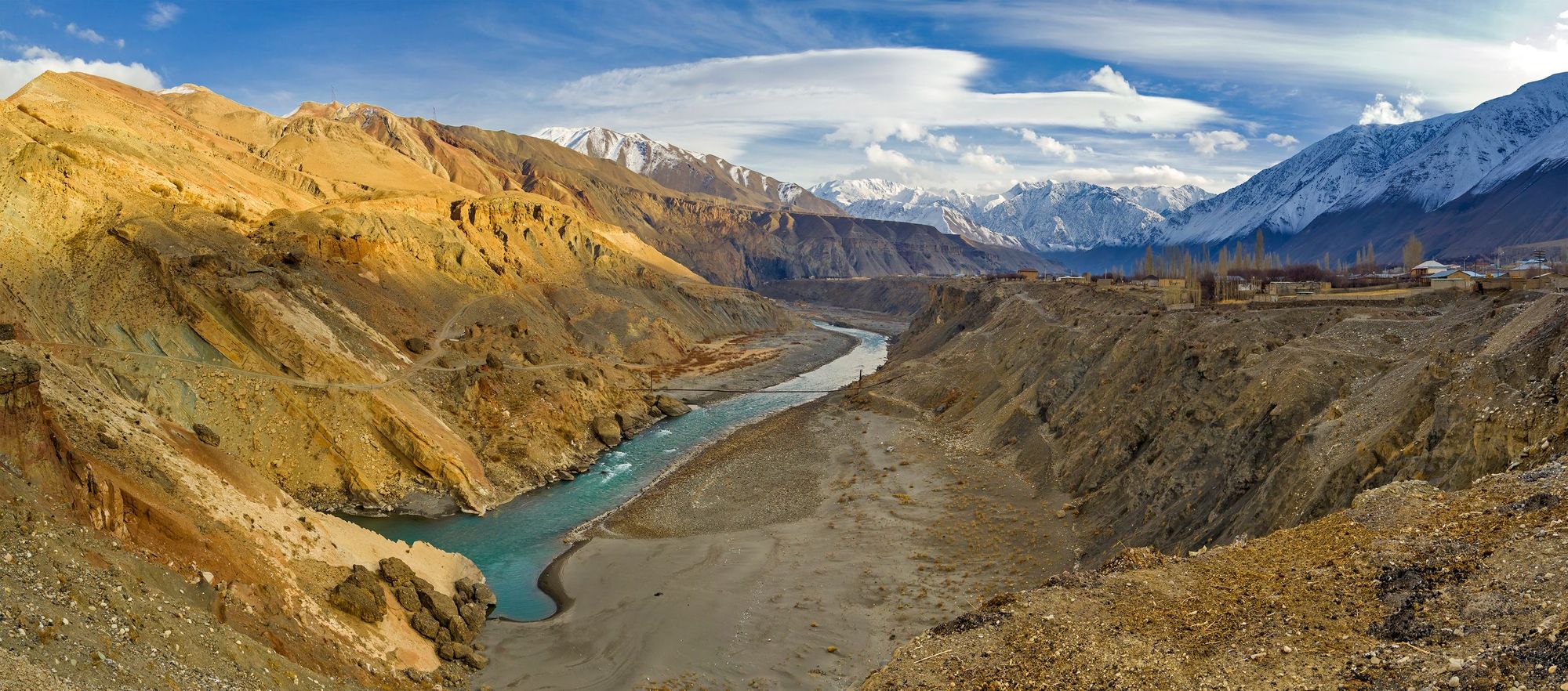
Tourism is still in its infancy in Tajikistan, in part due to a civil war between 1992-1997 that caused the country to fall behind in infrastructure development compared to other countries in Central Asia.
“It was always peaceful in Uzbekistan. Tourism was developed in Uzbekistan first because they have all these historical wonderful sites and their marketing is great, and people understood that you can actually make money in tourism. For us, we need to work on the mentality more. We only started teaching about tourism in our universities maybe five years ago,” Miskola explains.
She has been trying to educate guides, local communities and her tour groups about the importance of conserving Tajikistan’s heritage and protecting their local environment.
“We saw all these fortresses, which are falling apart. They've been there for centuries,” Miskola says. “But still, you realise that if people keep treating areas like this, after 10 years, I will have no job? So we started to educate people, like the team onsite.
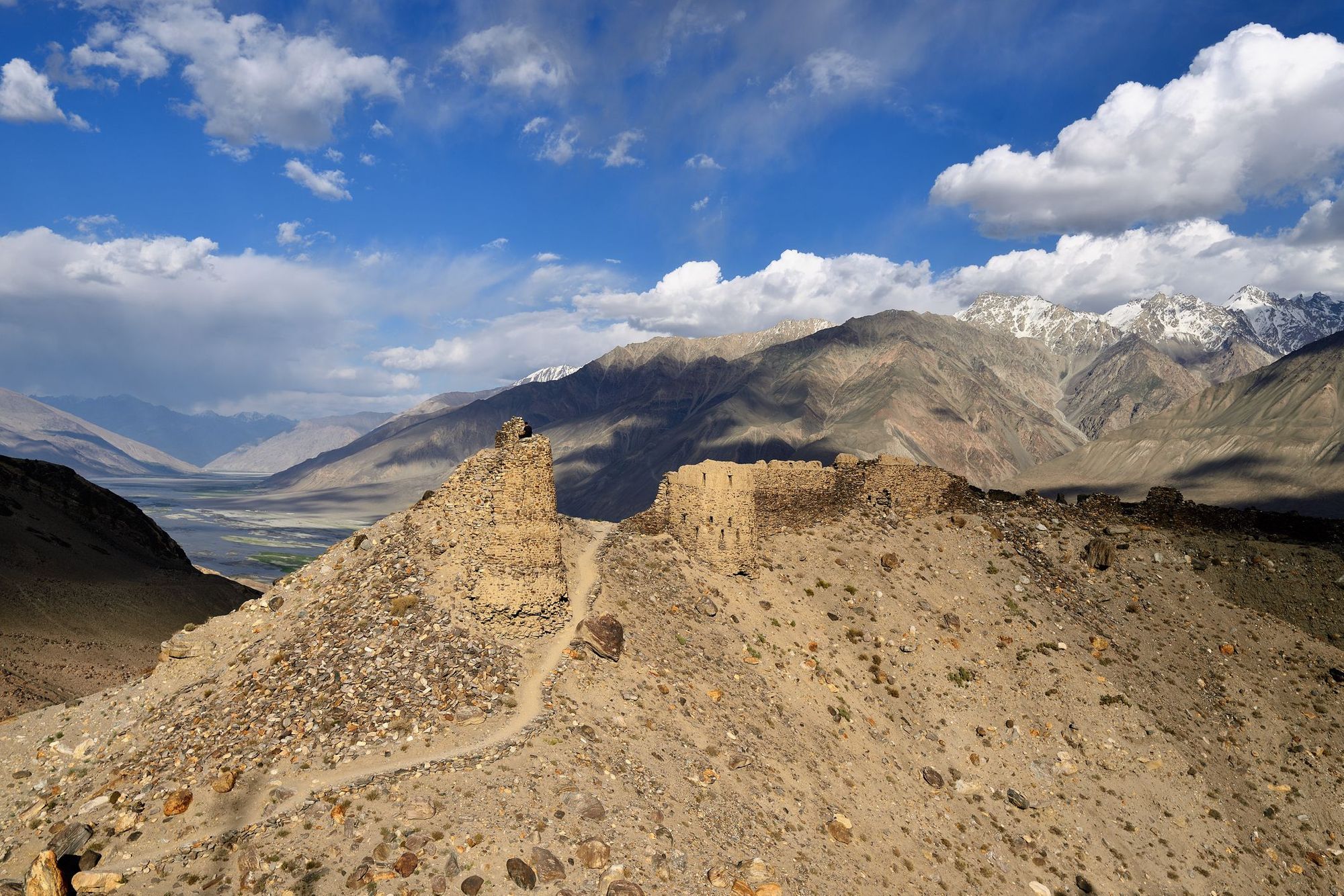
“We told them it was their territory to look after, and that they shouldn’t throw garbage into the marmot holes. At first they said that everybody did it and nobody would care if they tried to clean up. But we said, ‘you aren’t everybody’. Now they pick up all the garbage. On our cultural tours, we started to teach people that they have to treat the area they live in well, because it can be the only source of income in the future.”

Miskola has also been educating the owners of the homestays she works with about how to increase the revenue they make from tourists.
“In some homestays where we stay, they have this extremely tasty jam, and they don't do anything with it. In another, they produce their own honey and herbal teas. I told them to put it into jars and boxes and sell it,” she says.
“They were wary at first. In our culture, when someone visits, they are a guest. So you can’t sell them something; it’s inappropriate, you can just give it as a gift. But I told them it was ok, people are willing to buy it. Now these homestays sell honey, herbal teas and jams.”
Slowly but surely, Miskola is helping to transform and develop Tajikistan’s tourism industry, and giving back to local communities in the process.
Inspired? Check out our trekking adventure in Tajikistan's Fann Mountains.


